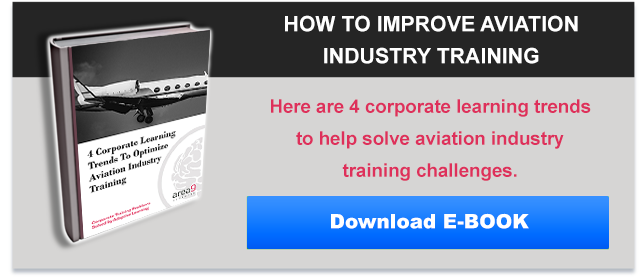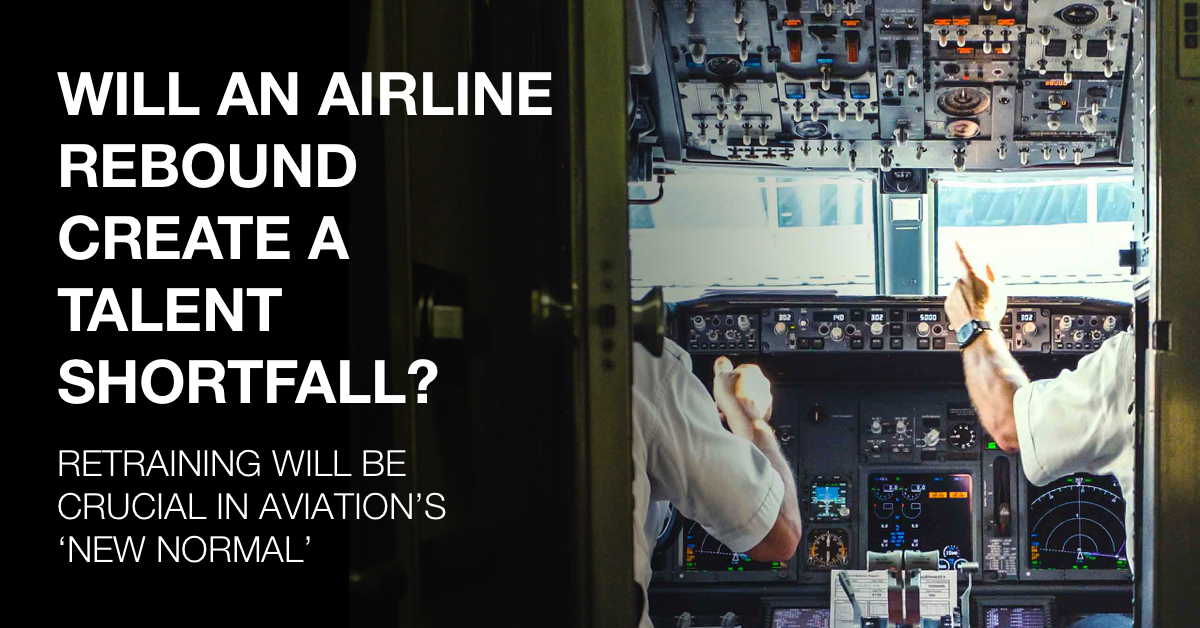Onboarding a commercial pilot takes a long time: at least 2 months training with the airline. While time spent onboarding new pilots is crucial from a safety and compliance perspective, it also means fewer qualified pilots available to fly at any given time — and that’s a problem.
In the context of global pilot shortages, the necessity to train new pilots faster — without sacrificing quality — is now imperative. Did you know that Adaptive Learning can train significantly faster than traditional methods and improve learner mastery of training essentials on an individual basis? Here’s how it works.
Onboarding More Efficiently
Using formative assessment, paired with a learner’s confidence in their answers, the adaptive engine personalizes the course for each learner. Unlike traditional approaches to onboarding, Adaptive Learning can also uncover and remediate for unconscious incompetence — what employees don’t know they don’t know. Knowing where these skills gaps lie allows the business to get the employee to mastery much faster and effectively when compared to traditional onboarding methodologies.
If one pilot demonstrates proficiency in one key area but does not demonstrate confidence in another, Adaptive Learning could target what they need to master rather than to what they already know.
By focusing on what learners need to know, Adaptive Learning eliminates training redundancy — exposure to material that learners have already mastered and for which there is no added benefit in repeated exposure.
 The Recharge function, on the other hand uses ‘spaced repetition’: repeated exposure to learning materials in a strategic way based on the individual’s needs compiled by the adaptive engine. With an end goal of course mastery in minimum time, learners are given multiple exposures to specific learning materials, which the adaptive engine identified as necessary in order to facilitate deep, permanent understanding.
The Recharge function, on the other hand uses ‘spaced repetition’: repeated exposure to learning materials in a strategic way based on the individual’s needs compiled by the adaptive engine. With an end goal of course mastery in minimum time, learners are given multiple exposures to specific learning materials, which the adaptive engine identified as necessary in order to facilitate deep, permanent understanding.
By identifying unconscious incompetence and teaching to those precise gaps the adaptive engine has benefitted training in retail and the medical field, helping learners to achieve mastery in a shorter time — up to 50% less — compared to traditional approaches. We expect that these results could carry over into aviation to:
- Reduce unconscious incompetence in pilots
- Ensure pilots retain information over time
- Bring pilots to competence faster
Adaptive Learning could allow new pilots to spend the precise amount of time training that they need and you could rest assured that your new pilots have the knowledge and training they need to keep their crew, passengers and cargo safe in the skies.
Interested in learning more about how Adaptive Learning can facilitate better, faster training? Download this e-book.







